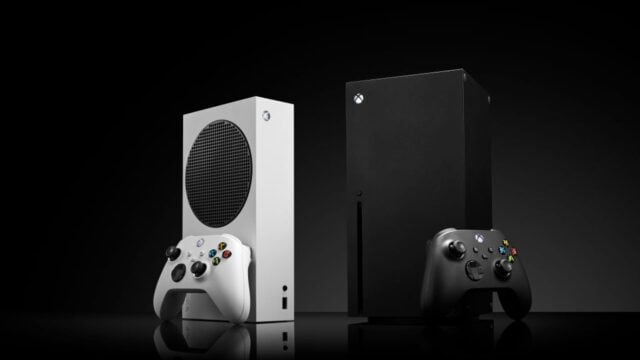
Microsoft’s venture into cloud gaming took a tangible shape with the Keystone project, a streaming console designed to cater to the evolving market of cloud-based gaming. Despite its initial promise and innovative design, the project was shelanked as Microsoft refocused its strategy in the gaming hardware sector.
Keystone’s Concept and Design
Keystone was conceptualized as a compact, streaming-first device. Smaller than its predecessors in the Xbox Series, this console was tailored for cloud gaming, prioritizing internet-based game play over hardware-intensive operations. The design was minimalistic, featuring a small, square shape no more than an inch thick, embodying the essence of a device meant for cloud connectivity rather than physical gaming prowess.
Features and Capabilities
The core function of Keystone was to run games through Microsoft’s Xbox Game Pass Ultimate cloud gaming service. This service allows users to stream games directly from the cloud, bypassing the need for powerful local hardware. Keystone was expected to support standard gaming features and connectivity options like USB ports for controllers and possibly Ethernet for enhanced network stability. It was also speculated to include basic video streaming services like Netflix and Disney+, suggesting a dual-use case as both a gaming and entertainment device.
Strategic Shift and Project Cancellation
Despite the promising features, Microsoft decided to halt the Keystone project. The decision was driven by a strategic shift towards enhancing the Xbox Game Pass Ultimate service and possibly integrating more advanced features into future iterations of cloud gaming devices. Microsoft aimed to refine the device’s operating system and other key functionalities, ensuring that it could competently compete with other gaming platforms and streaming devices like the Stadia Pro Chromecast bundle.
Market Implications and Future Prospects
The cancellation of Keystone doesn’t mark the end of Microsoft’s interest in cloud gaming. The market trends indicate a growing interest in handheld and portable gaming devices, evidenced by the popularity of platforms like the Nintendo Switch and the Steam Deck. Microsoft’s continued investment in Xbox Game Pass Ultimate and cloud technologies suggests that future projects may still emerge, potentially realigning with the original goals of Keystone but with enhanced capabilities and broader market appeal.
While Keystone might have been shelved, the insights gained from its development are likely guiding Microsoft’s current and future projects. The focus remains on delivering high-quality gaming experiences through cloud-based platforms, ensuring Microsoft remains competitive in the dynamic gaming industry.


